Tel Aviv, Israel — An Iranian missile slammed into the main hospital in southern Israel early Thursday, wounding several people, causing significant damage, and drawing a swift vow from Israeli leaders of intensified attacks on Iran’s military and “government targets.” Israel’s defense chief accused Iran of war crimes and said its Supreme Leader Ayatollah Ali Khamenei would be held accountable.
Israeli media aired video of blown-out windows and heavy black smoke pouring from upper floors of the Soroka Medical Center, but a spokesperson for the facility said there were no serious injuries to patients or staff, as the part of the hospital that was hit directly had already been evacuated.
MAYA LEVIN/AFP via Getty Images
Another missile hit a high-rise building and several other residential buildings in at least two sites near Tel Aviv.
Israel’s Magen David Adom emergency rescue service said a there were a total of 65 people wounded in all the Iranian missile strikes on Thursday, three of them seriously.
CBS News’ senior foreign correspondent Debora Patta said Tel Aviv’s skies were ablaze with one explosion after another Thursday morning as Israel’s air defenses intercepted a wave of Iranian missiles.
One that slipped through the net hit a high-rise building in the city, leaving some people trapped inside apartments as first responders rushed to help.
GIL COHEN-MAGEN/AFP/Getty
There was relief and joy for one father as he was reunited with his family, including his 10-month-old baby and his wife, who had been missing for over an hour following the attack.
Israel warns of “new threat of cluster bombs” fired by Iran
Israel’s Home Front Command said in a statement posted online that one of the missiles launched by Iran on Thursday was a “dispersal munition,” a missile designed to release about 20 smaller bombs at an altitude of roughly four miles as it nears a target, inflicting potential damage on the ground across a radius of about five miles. It said each of the small bombs released could cause damage similar to that of a short-range rocket.
“The threat is wider geographically — but it is much smaller than the warheads of ballistic missiles that weigh on average about 400 kg (882 pounds),” the Home Front Command said.
Israeli Home Front Command
The Command, part of Israel’s national defense forces, said it was launching a public awareness campaign due to the “new threat of cluster bombs” fired by Iran, and warning anyone who came upon an unexploded bomb “to be careful, stay away and do not touch – and of course report it to the authorities.”
Israel vows to hold Iran’s Ayatollah Ali Khamenei “accountable”
Iran said the primary target of the attack that hit the Soroka Hospital was an Israeli military intelligence site, not the health facility, but Israeli Prime Minister Benjamin Netanyahu condemned the attack and vowed a response, saying: “We will exact the full price from the tyrants in Tehran.”
Israel Katz, the country’s Minister of Defense, accused Iran of “war crimes of the most serious kind” and said Ayatollah Khamenei “will be held accountable for his crimes.”
“The prime minister and I instructed the IDF [Israeli military] to increase the intensity of the attacks against strategic targets in Iran and against government targets in Tehran in order to remove the threats against the State of Israel and undermine the regime of the ayatollahs,” Katz said in a social media post.
Haim Bublil, a local police commander, told reporters several people were lightly wounded in the strike on the hospital. He said there was a fire in a six-story building that was hard to access, and that rescuers were still searching various buildings and moving patients to safer areas of the hospital.
CBS News/Haley Ott
Many hospitals in Israel activated emergency plans in the past week, converting underground parking to hospital floors and moving patients underground, especially those who are on ventilators or are difficult to move quickly.
Trump ready, but undecided on joining Israel’s attacks on Iran
The developments come as President Trump mulls whether the United States should directly take part in Israel’s efforts to destroy Tehran’s nuclear program.
A senior intelligence source and a Defense Department official told CBS News that Mr. Trump had approved attack plans on Iran Tuesday night, but that he did not make a final decision on whether to strike the country and formally join Israel’s air campaign.
Mr. Trump held off on deciding to strike in case Tehran agrees to abandon its nuclear program, as he had demanded, the sources said. The news was first reported by The Wall Street Journal.
Israel’s seventh day of airstrikes on Iran came a day after Ayatollah Khamenei rejected Trump’s demand for “unconditional surrender” and warned that any military involvement by the Americans would cause “irreparable damage to them.”
A Washington-based Iranian human rights group said at least 639 people, including 263 civilians, have been killed in Iran and more than 1,300 wounded. In retaliation, Iran has fired some 400 missiles and hundreds of drones, killing at least 24 people in Israel and wounding hundreds. Some have hit apartment buildings in central Israel, causing heavy damage.
Israel strikes Iran’s Arak heavy water nuclear reactor
Israel, meanwhile, carried out strikes on Iran’s Arak heavy water reactor, in its latest attack on the country’s sprawling nuclear program, on the seventh day of a conflict that began with a surprise wave of Israeli airstrikes targeting military sites, senior officers and nuclear scientists.
Iranian state television said there was “no radiation danger whatsoever” at the Arak reactor. A reporter for the state TV, appearing live in the nearby town of Khondab, said the facility had been evacuated and there was no damage to civilian areas around the reactor.
The International Atomic Energy Agency, the United Nations’ nuclear watchdog, said the Arak facility “was not operational and contained no nuclear material, so no radiological effects” were anticipated from the strike.
Israel had warned earlier Thursday morning it would attack the facility and urged the public to flee the area. The Israeli military said Thursday’s round of airstrikes targeted Tehran and other areas of Iran, without elaborating.
The Arak heavy water reactor is 155 miles southwest of Tehran. Already, Israel’s campaign has targeted Iran’s uranium enrichment site at Natanz, centrifuge workshops around Tehran and a nuclear site in Isfahan.
SYLVIE HUSSON via Getty
Heavy water helps cool nuclear reactors, but it produces plutonium as a byproduct that can potentially be used in nuclear weapons. That would provide Iran another path to the bomb beyond enriched uranium, should it choose to pursue the weapon.
Iran had agreed under its 2015 nuclear deal with world powers to redesign the facility to relieve proliferation concerns.
In 2019, Iran started up the heavy water reactor’s secondary circuit, which at the time didn’t violate Tehran’s 2015 nuclear deal with world powers.
Britain at the time was helping Iran redesign the Arak reactor to limit the amount of plutonium it produces, stepping in for the U.S., which had withdrawn from the project after President Trump’s decision in 2018 to unilaterally pull America out of the nuclear deal.
The IAEA has been urging Israel not to strike Iranian nuclear sites. IAEA inspectors reportedly last visited Arak on May 14.
Due to restrictions Iran imposed on inspectors, the IAEA has said it has lost “continuity of knowledge” about Iran’s heavy water production — meaning it couldn’t absolutely verify Tehran’s production and stockpile.
As part of negotiations around the 2015 deal, Iran agreed to sell off its heavy water to the West to remain in compliance with the accord’s terms. Even the U.S. purchased some 32 tons of heavy water for over $8 million in one deal. That was one issue that drew criticism from the pact’s opponents.
israel-vows-to-hold-irans-leader-accountable-for-war-crimes-after-iranian-missile-slams-into-hospital

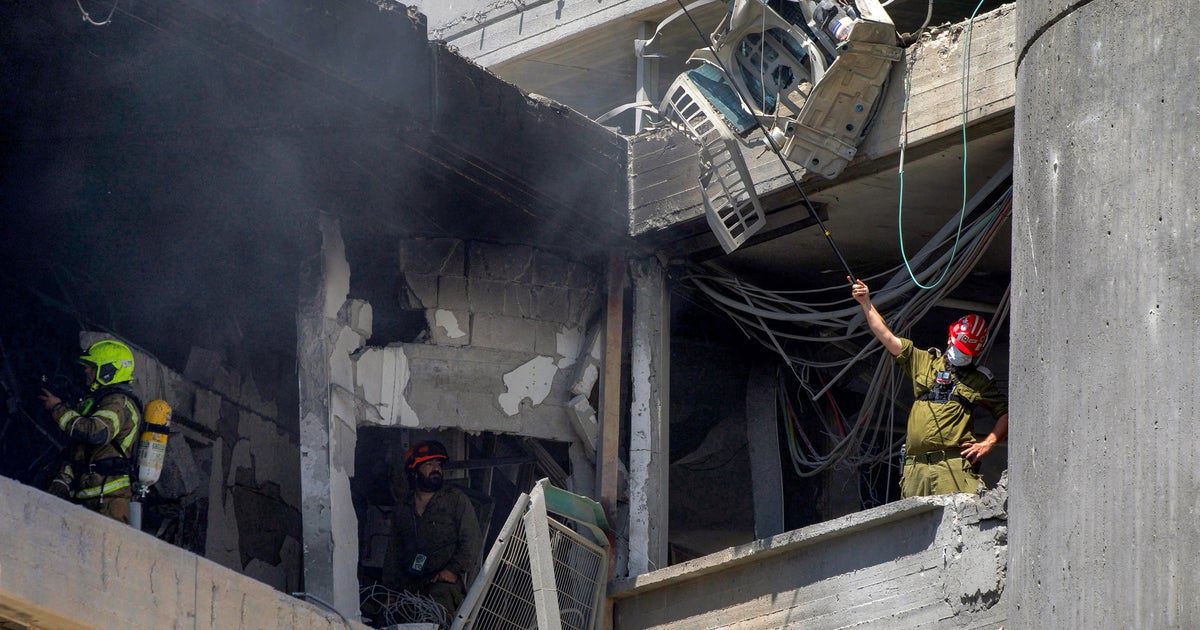





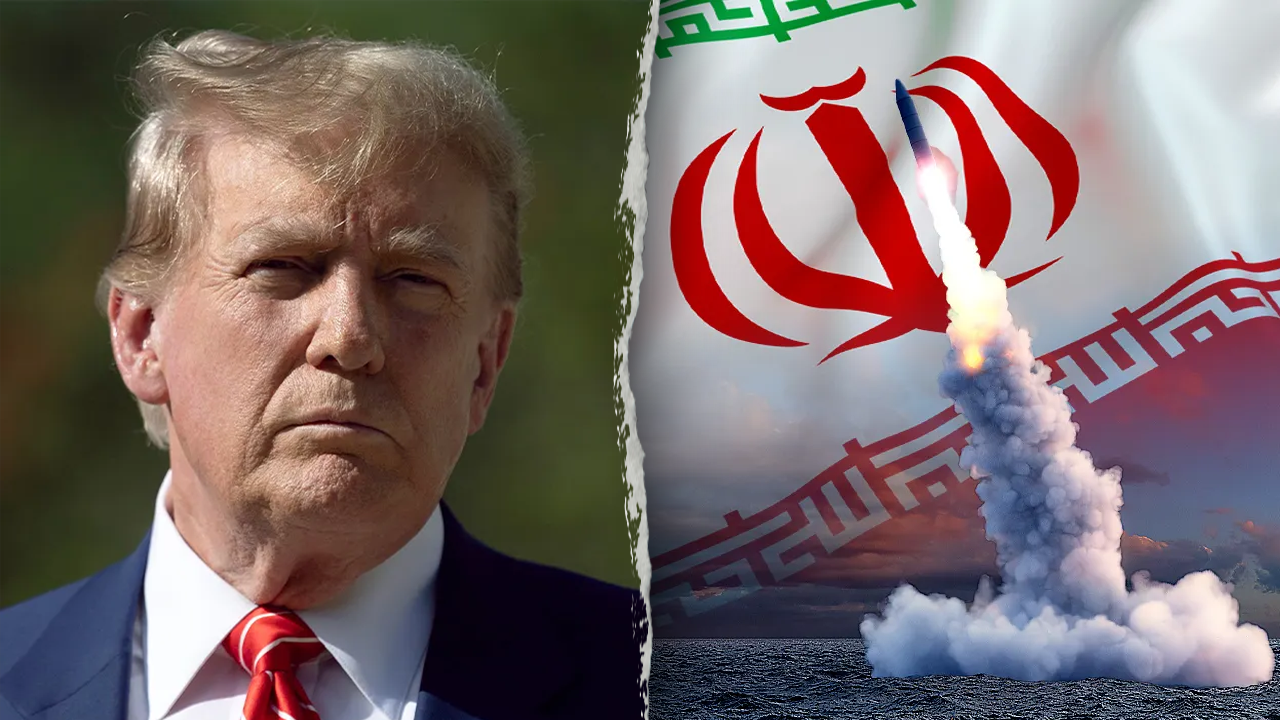
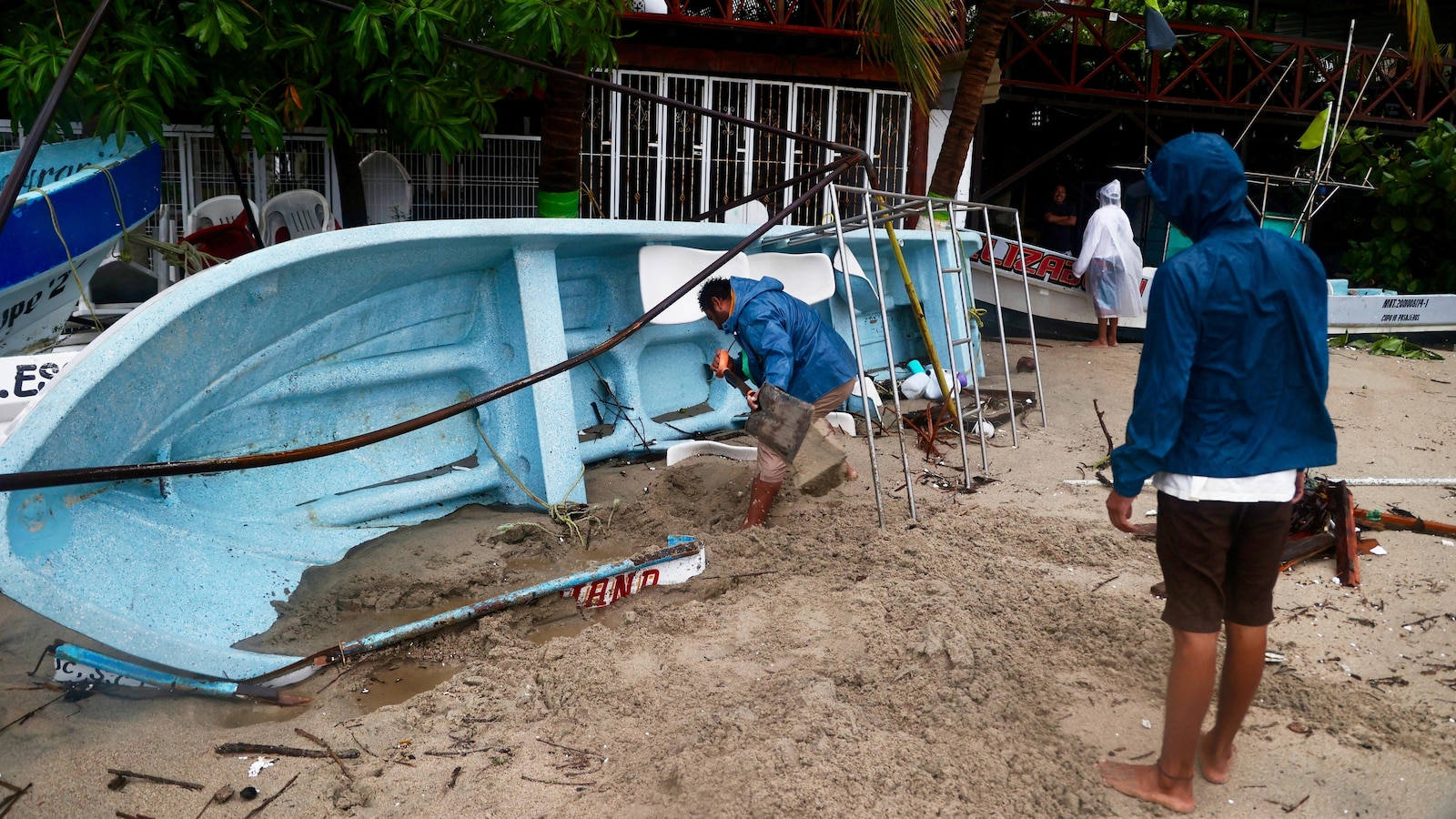

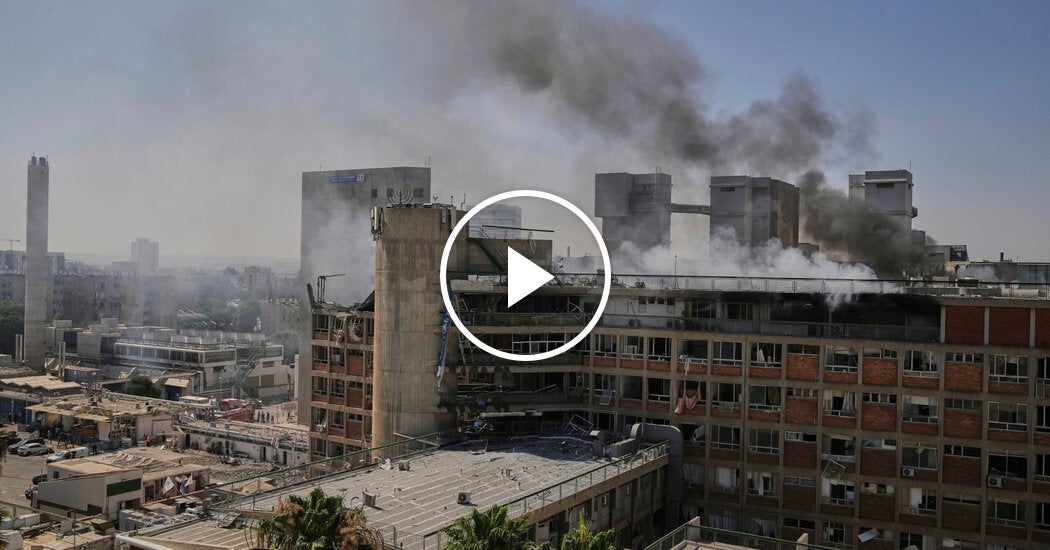
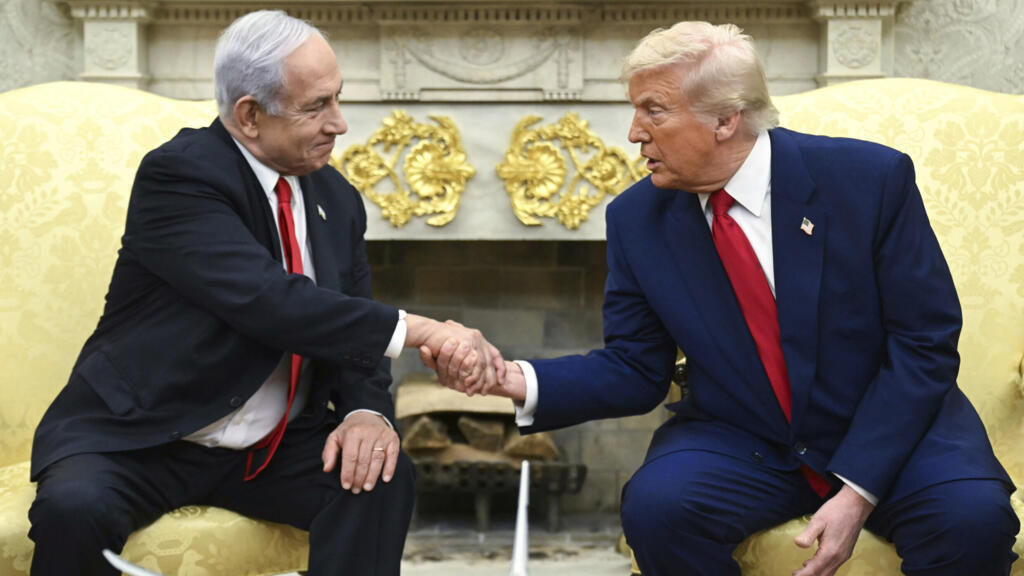
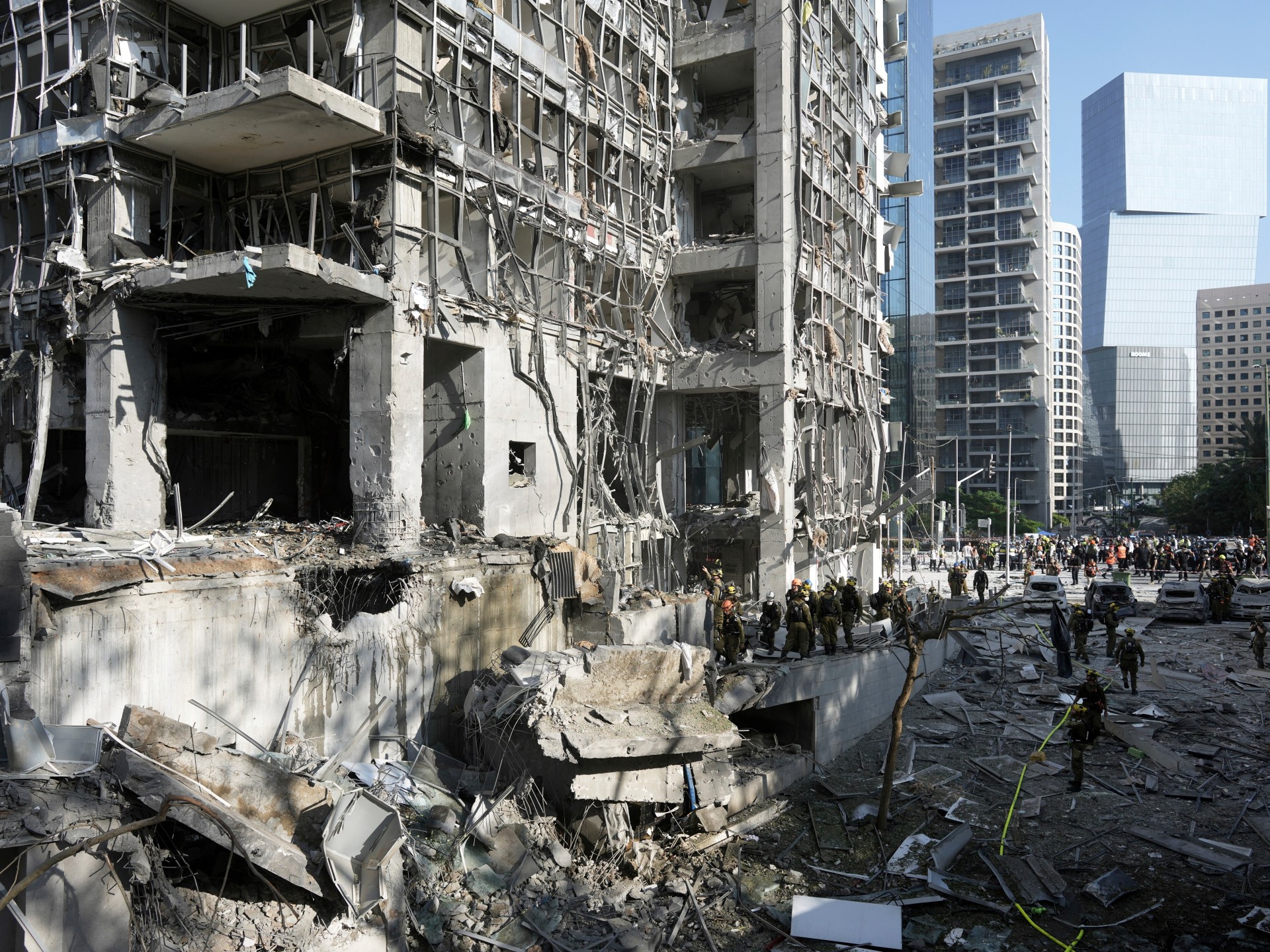

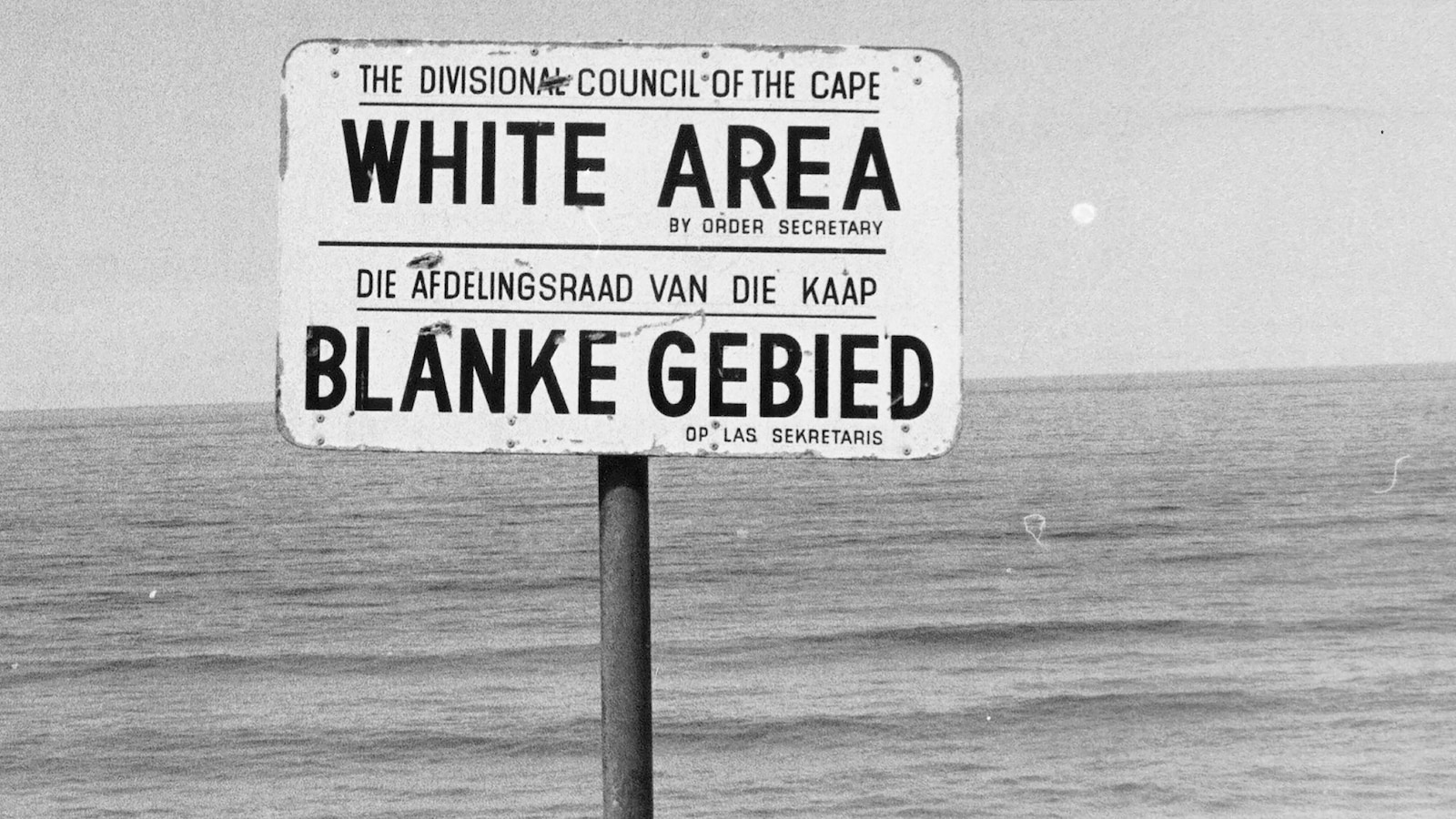
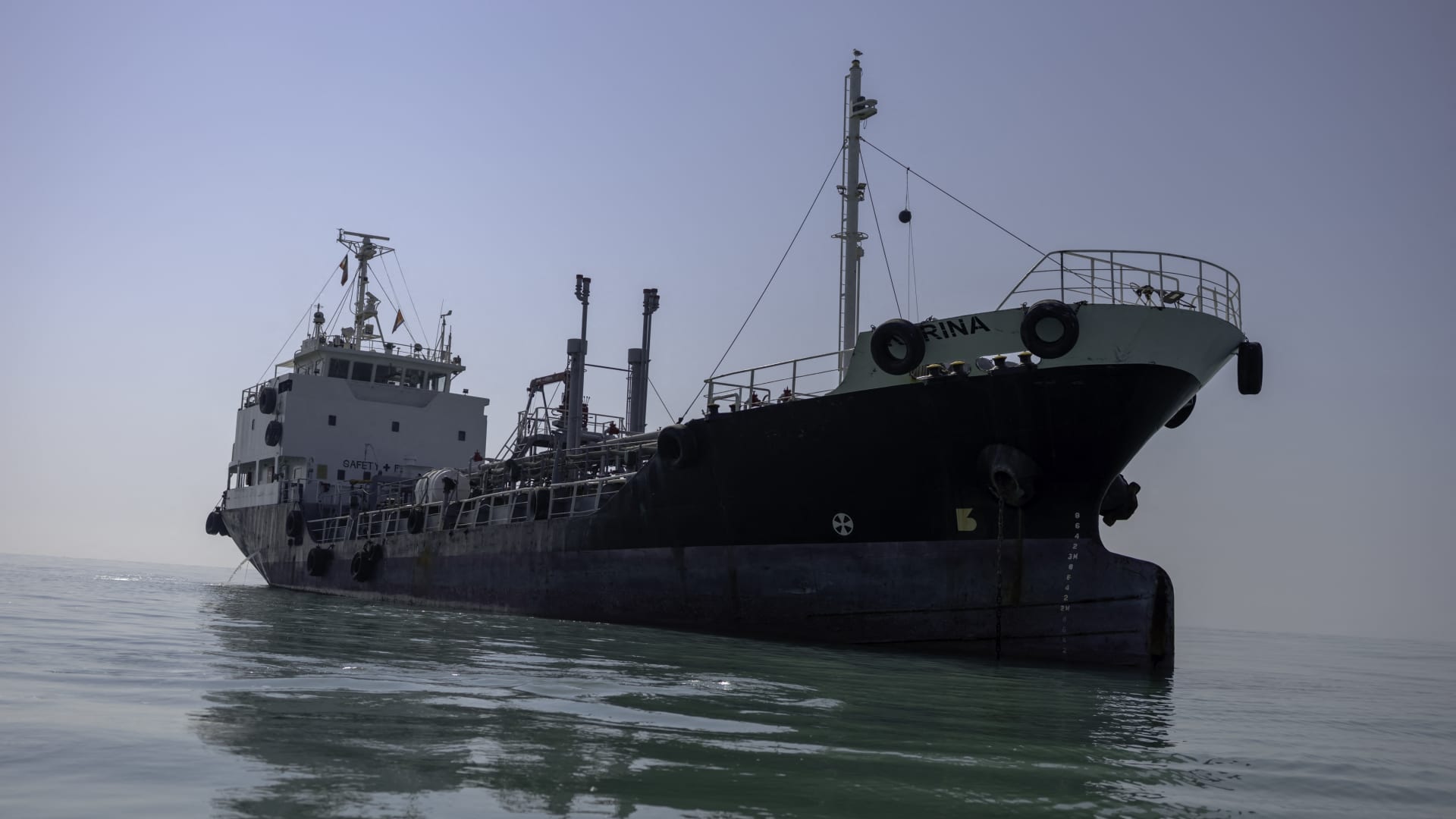


Leave a Reply